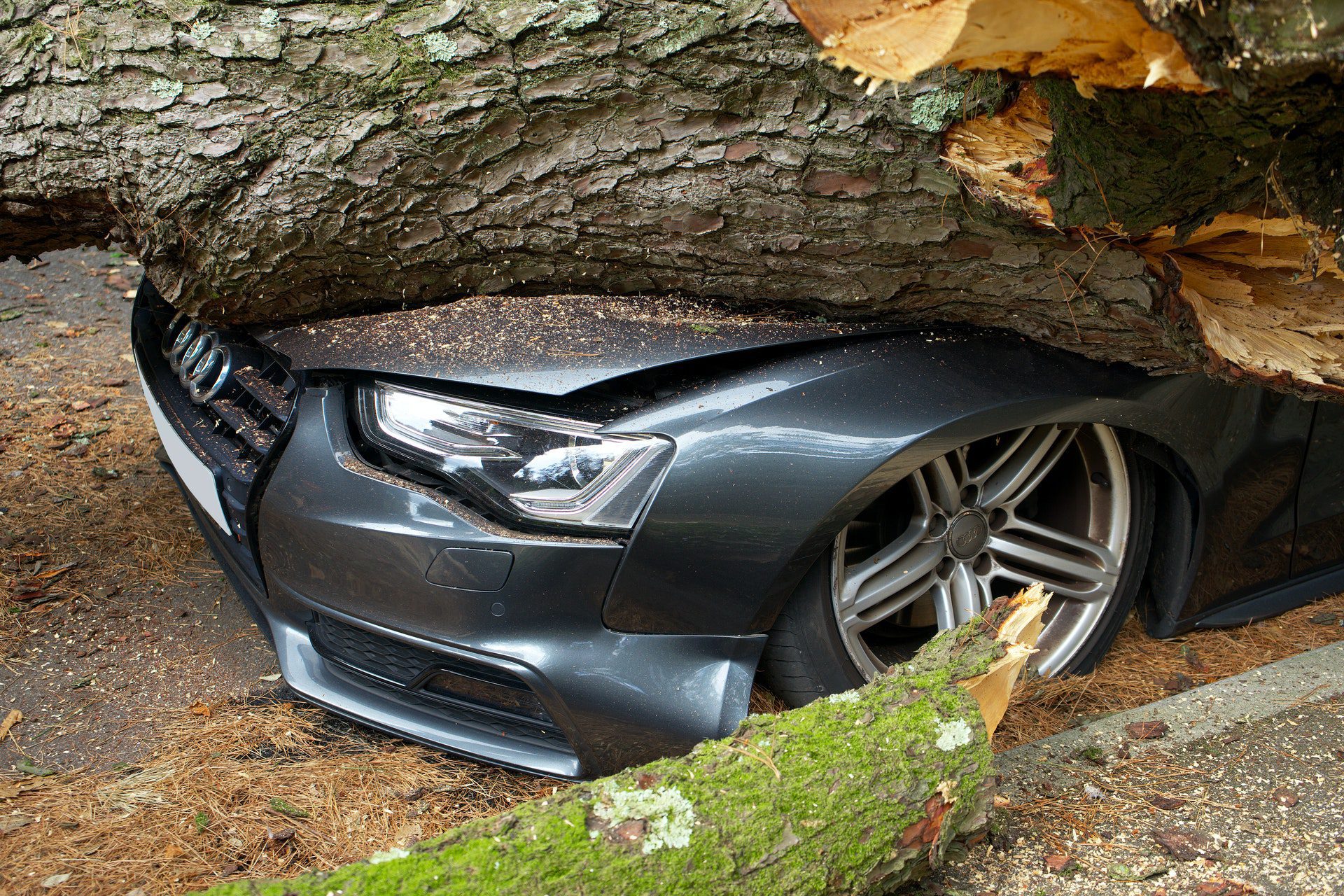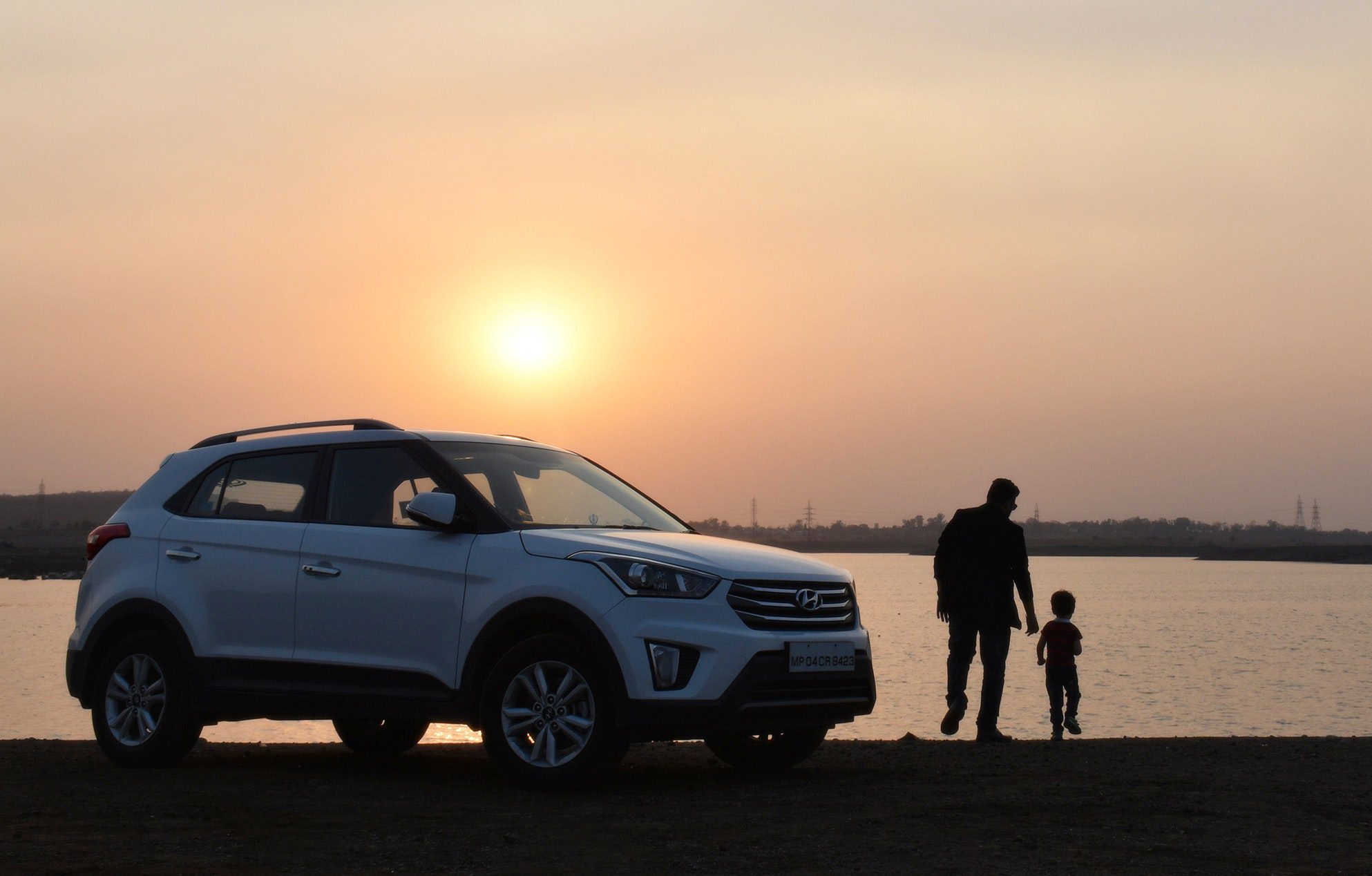Owning a car should be a source of pride, responsibility, and prevention. So, if you own a vehicle, the law requires you to purchase liability insurance with basic coverage.
In addition, you will need to show that you have valid insurance when you go through your annual vehicle inspection and when you register your vehicle.
While the internet makes it simple to shop around and compare policies and rates, it isn’t uncommon to get confused by all the terminology and jargon insurance companies use, not to mention misconceptions or myths about how insurance works.
Insurance companies consider many factors about the vehicle when setting their premiums, such as make and model, age, gender, engine size, the cost to repair, and the likelihood of being stolen.
Here are 10 frequently asked questions that American motorists need to know.
What is car insurance, and why do I need it?
Auto insurance is more than just a financial tool that traffic regulations want you to have. You, your companions, and possibly third parties involved are also protected when you have car insurance.
Auto insurance is protection contracted through a policy. For example, in case of any incident related to your car, your car insurance protects you financially if you’re liable for someone else’s injuries or damages. This is why anyone who owns a car needs car insurance.
How does auto insurance work?

Your car insurance covers damage to your vehicle and can also pay for medical bills if you or your passengers are injured in an accident. It also protects you if you’re involved in an accident caused by an uninsured or underinsured motorist.
You and your insurance provider agree upon the limits of your policy and the extent of the protection.
If you want to dive deeper into insurance, check out car insurance 101 by Lemonade.
What are the most common types of car insurance coverage?
Liability insurance, often called third-party liability, is the legal coverage required by law in most states and pays for other people’s expenses after an accident. However, the level of coverage varies from state to state.
Comprehensive coverage offers an extra level of protection, including liability for third parties, damage to your car, personal and non-collision damage such as hail, floods, fire, vandalism, and theft.
Collision coverage includes repairs when you hit another object with your car, be it another vehicle or a light pole, for example. However, it doesn’t cover damage caused by hail or collision with an animal.
How do I determine the coverage I need?
In order to determine the amount of coverage that is right for you, there are several factors you need to consider. Things like the state you live in, the value of your vehicle, and how much insurance you can afford all play a role in determining the amount of car insurance coverage that will best suit your needs.
Standard liability coverage that works for most drivers is 100/300. This means $100,000 per person and up to $300,000 per accident in bodily injury liability.
How do I get a quote?
If you’re in the market for car insurance, you can request a quote through an agent, via phone, or using an online quoting tool to create a policy tailored to your needs.
Here’s a list of the things you need to request a quote.
Vehicle information
- Year, make, model, body style, and VIN
- Mileage
- Title
- Address of the place where the vehicle is stored
- Registered owner’s name
- Previous insurance company and expiration date
- Date of purchase
Driver information:
- Driver’s name and date of birth
- Driver’s license number and issuance status
- Driving history
- History of infractions and accidents
- Information on license suspensions
How are car insurance rates determined?
There are several factors influence how car insurance companies determine the price of your insurance policy. Not all companies have the same parameters, but the most common across different insurance providers are:
- Your driving record
- How much you use your car
- Your location
- Your age
- Your gender
- The car you drive
- Your credit
- The type and amount of auto insurance coverage
Who needs to be on my car insurance policy?

Some insurance companies are stricter than others regarding who must be included as drivers on your policy. Therefore, you must find your provider’s requirements to avoid problems if you leave out someone who should be on the list.
Most insurance providers expect the following people to be listed as drivers on your policy.
- Spouse
- Significant other
- Children near driving age, if required by your insurer
- Roommates
- Other family members who live with you
A general rule of thumb is that everyone in your household should be a listed driver so that your car insurance policy can cover them.
What is a deductible?
The deductible for auto insurance coverage is the amount of money you agree to pay if you file a claim on coverages such as comprehensive, collision, uninsured motorist property damage, and personal injury protection.
Are there ways to reduce car insurance costs?
Yes, there are ways to keep your auto insurance costs down. One of the best ways is to have a good driving record: the better your record, the lower your premium.
Here’s a list of other things you can do to cut insurance costs.
- Shop around among different insurance companies
- Compare insurance costs before you buy a car
- Ask for a higher deductible
- Reduce coverage on older cars
- Buy your home and auto coverage from the same insurer
- Maintain a good credit record
- Take advantage of low mileage discounts
- Ask about group insurance
- Seek out other discounts
The cost of auto insurance is likely to continue to rise as cars get more and more expensive. However, there are many things you can do to reduce the final price of your policy. Hopefully, these nine tips will point you in the right direction.
Is classic and sports car insurance the same as “regular” car insurance?

Car insurance for classic and sports cars hold similarities with regular car insurance, but there are essential differences. For example, car insurance for a sports car tends to be more expensive. This is because some insurers consider these high-end vehicles more likely to get involved in an accident.
This, along with the cost of typically rare and expensive parts and the repairs usually only offered at specialized dealers, increases the costs. So, the experts recommend determining whether you can secure proper auto insurance coverage before you even consider buying a sports car.
In the case of collector and classic car insurance, the cost of premiums depend on the car you’re driving and how often you’re on the road. Still, classic car insurance usually works out cheaper than “regular” car insurance.









